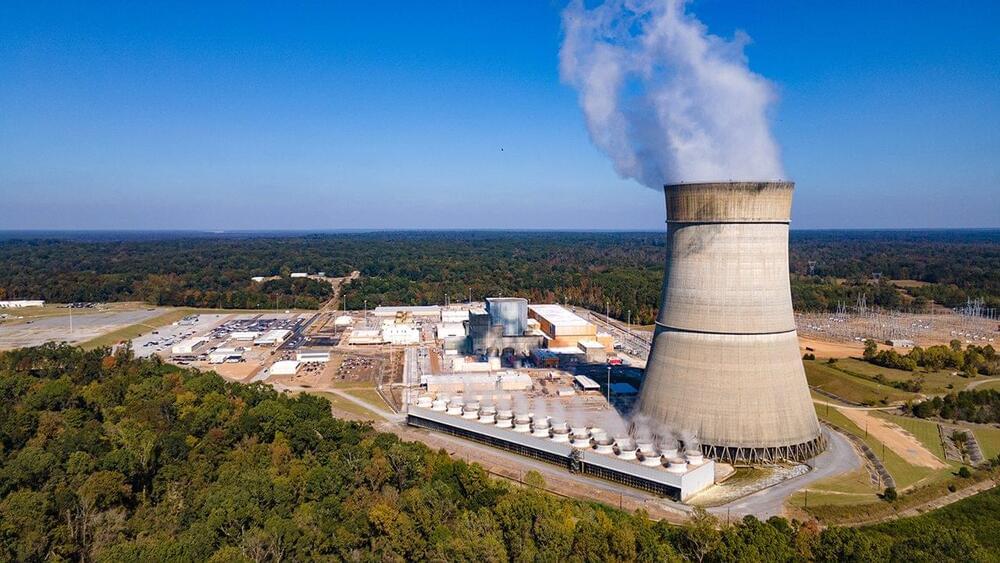Tech companies, including Amazon Web Services, are striking deals with U.S. nuclear power plants to secure electricity for their data centers, driven by the skyrocketing demands of artificial intelligence. This move promises 24/7 carbon-free power but stirs controversy, as it could divert existing energy supplies, raise prices, and increase reliance on natural gas. These nuclear-powered data centers might accelerate the AI race, but they also spark debates over economic development, grid reliability, and climate goals. Could this be the future of tech or a risky gamble with unforeseen consequences?
As reported by WSJ, tech businesses searching the country for electrical supplies have focused on one important target: America’s nuclear power facilities.
The owners of about one-third of the United States’ nuclear power reactors are in negotiations with technology companies about providing electricity to new data centers needed to satisfy the needs of an artificial intelligence boom.








